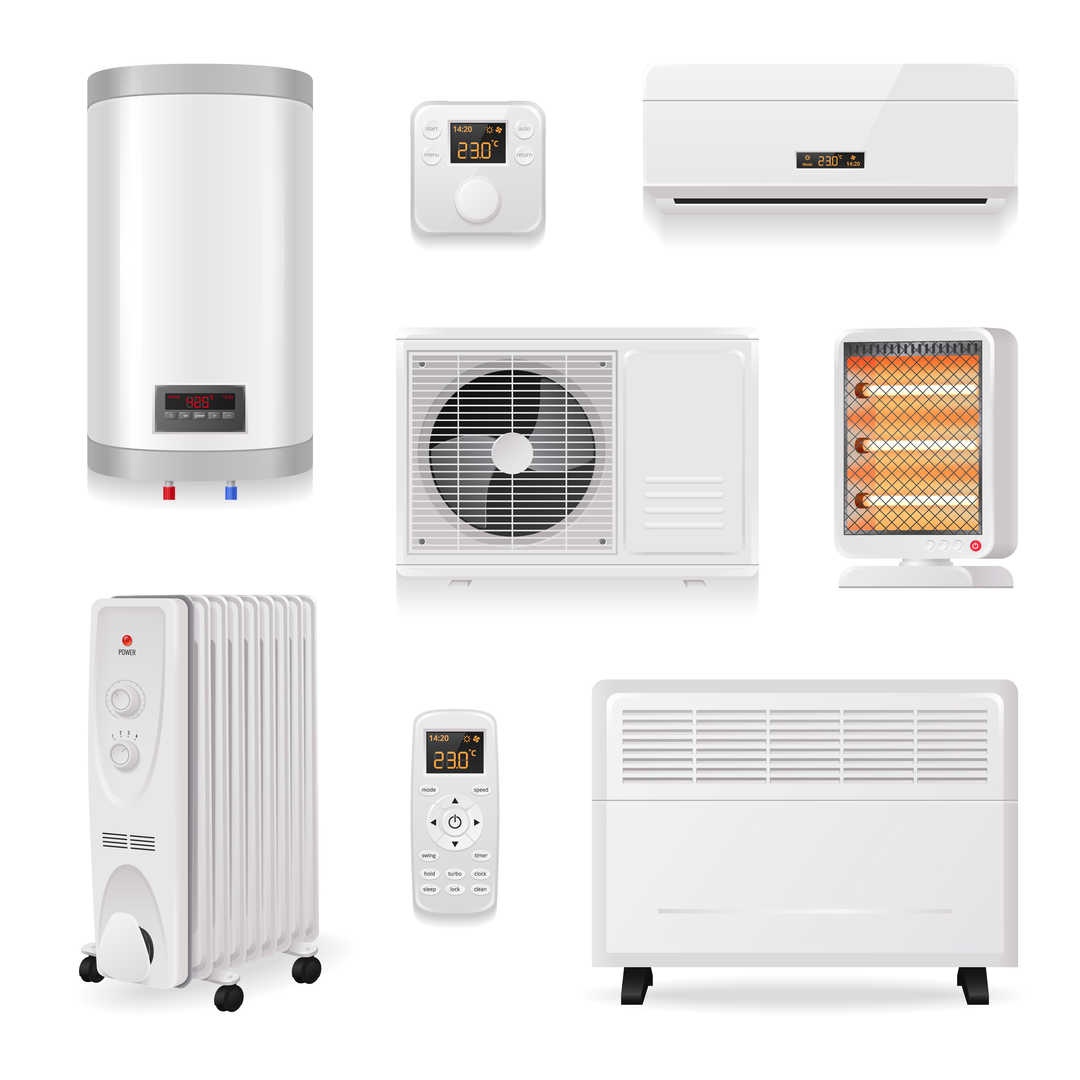Heat pumps are a key component of energy-efficient heating and cooling systems. Their relevance is further increased by the rising focus on sustainability. By offering both heating and cooling, they help maintain ideal temperatures, use less energy, and leave less of a carbon imprint. This article will elucidate the basics of heat pumps, delve into their types, and highlight crucial factors to consider while selecting the right one for your needs.
Heat Pump: Understanding the Basics
Basic Principles of Heat Pump Operation
Heat pumps E-Ferroli https://e-ferroli.fi/laempoepumput/ leverage a simple yet powerful mechanism: the relocation of heat. In lieu of directly creating heat, they transport it from one location to another. This process hinges on the principles of refrigeration rather than combustion, making heat pumps highly efficient.
Key Differences Between Types of Heat Pumps: Air-source, Ground-source, and Absorption
While the fundamental principle of operation remains the same, heat pumps vary in their source of heat:
- The most prevalent kind are air-source heat pumps. They are perfect for temperate temperatures since they absorb heat from the surrounding air.
- The soil or subterranean water sources are used as a heat repository by ground-source or geothermal heat pumps, which provide great efficiency even in harsh regions.
- An alternative to air-source pumps are absorption heat pumps. They employ a heat source, such as solar energy, geothermal hot water, or natural gas, to compress the refrigerant and speed up the heat transfer process in place of an electrically powered compressor.
Heat Pump Efficiency and Its Impact on the Environment
Heat pumps are emblematic of high energy efficiency due to their heat transfer mechanism. With lower electricity usage, they produce fewer greenhouse gas emissions, thus lessening environmental impact. Additionally, certain heat pumps, like geothermal or absorption variants, use renewable sources, further enhancing their eco-friendliness.
Considerations for Choosing the Perfect Heat Pump
Determining Heat Pump Size: A Balance Between Efficiency and Capacity
Selecting an appropriate heat pump size is a balancing act between efficiency and capacity. A pump that’s too large will cycle on and off more frequently, wasting energy, while a smaller one may fall short in providing adequate temperature control. The right size aligns with the size of your space and its heating and cooling demands.
Deciphering Heat Pump Efficiency Ratings: COP and HSPF
Efficiency ratings serve as a valuable tool in comparing different heat pumps. Two significant metrics are Coefficient of Performance (COP) and Heating Seasonal Performance Factor (HSPF). Higher COP and HSPF values indicate superior energy efficiency, promising lower operational costs over time.
Cost Considerations: Initial Investment vs. Long-term Energy Savings
While heat pumps demand a considerable upfront investment, they promise significant long-term savings on energy bills. Higher quality, and thus pricier, models often provide better energy efficiency, thereby offering greater cost benefits over their lifetime.
Additional Factors: Climate, House Insulation, and Existing Heating System
Several ancillary factors also sway the choice of a heat pump. Climate is a crucial determinant as it impacts the source temperature. Insulation quality affects the heating or cooling load on the pump, and the existing heating system can influence the ease of installation and integration of the heat pump into your home.
Conclusion
Choosing a heat pump is not a decision to be made in haste. Understanding the mechanism, identifying the differences between types, assessing the right size, interpreting efficiency ratings, and considering the costs are pivotal steps in this journey. Furthermore, acknowledging the role of additional factors such as climate, insulation, and existing heating system is integral to the process. Armed with this knowledge, you are well-positioned to weigh your options and make an enlightened choice in your pursuit of energy efficiency and environmental sustainability.
